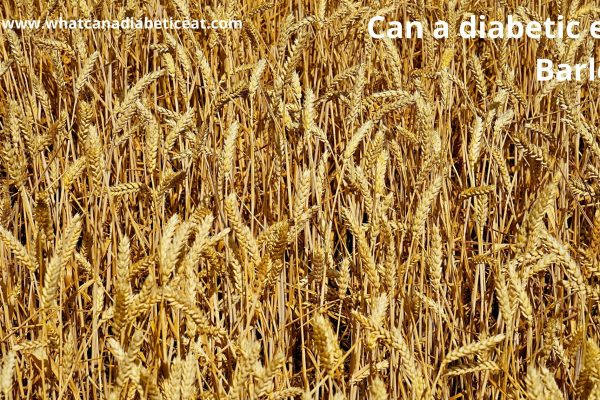Can a diabetic eat Dandelions?
Yes, a diabetic can eat dandelions. Dandelions are very nutritious and have anti-diabetic, anti-inflammatory and anti-oxidative properties. Such medicinal properties of dandelions can improve a diabetic’s well-being. A diabetic can eat various parts of dandelions like leaves, buds, flowers or pollen. For example, dandelion leaves can be eaten as salad or fresh vegetable, buds can be great addition to omelettes and fritters, flowers are used in baking cakes and pollen can be sprinkled on various foods for decoration to add some colour.
What are the health benefits of dandelions?
- Various parts of dandelions are highly nutritious can improve general health.
- Dandelions contain antioxidants and can benefit you in multiple ways.
- Including dandelions in your diet can help fight inflammation.
- Dandelions can act as anti-diabetic and help regulate blood sugar levels, fight diabetes.
- A regular consumption of dandelions can help regulate blood cholesterol levels.
- Including dandelions in your diet can regulate blood pressure or fight hypertension.
- Diet that contains dandelions can improve liver health. Dandelions contain polysaccharides that can help reduce stress. This boosts the ability of liver to produce bile.
- Dandelion based meal plans can help lose any excess weight.
- Dandelion tea contains potassium. Potassium is a mineral that can act as an electrolyte and stimulate heartbeat.
- Potassium in dandelions can help improve kidney function. Dandelions can help kidneys to filter toxins more effectively and improve blood flow.
What are the side effects of Dandelions?
Generally, all parts of a dandelion are safe to eat however, some people experience side effects. So, it is helpful to be aware of potential side effects of dandelions. For example, dandelions can cause diarrhea, upset stomach or heart burn. Some people can experience higher heart rate also. Other potential side effects of dandelions include bruising or bleeding, excess urination etc.





